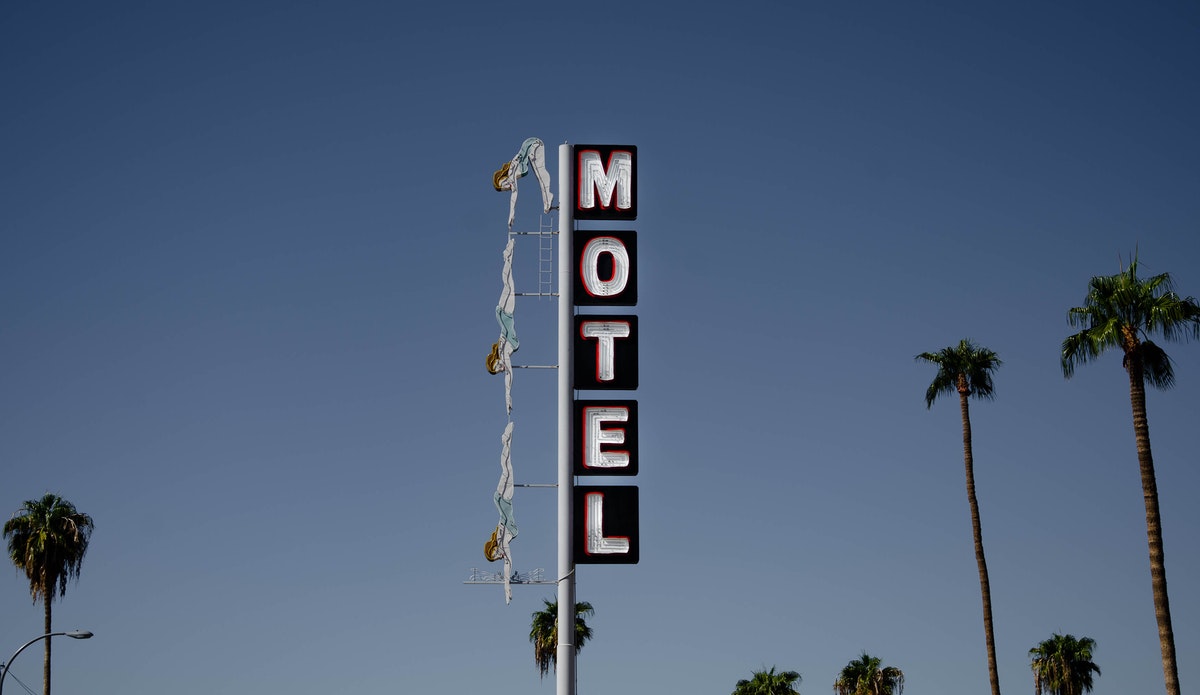Have you ever been getting ready to make travel arrangements when you suddenly found yourself having trouble choosing the right kind of lodging for your itinerary?
If so, you have undoubtedly encountered hotels and motels.
Although many individuals don’t perceive any distinction between these two possibilities, it is important to remember that they exist.
You can decide which type of lodging will best suit your needs by being aware of these distinctions.
Let’s understand both based on the following aspects:
Table of Contents
1. Facilities
As well as rooms for business/conference needs, hotels in Ocean City, MD, may offer amenities for swimming, spa services, and leisure needs. Additionally, you can reserve hotel accommodations to make the most of your vacation. Motels sometimes have an outdoor pool but are less likely to offer specialized services. The majority of hotels and motels provide internet access.
2. Duration of Stay
Hotels offer to stay for long periods, ranging from one day to one month. Tourists that travel to a new location to explore are the hotels’ primary clients. That automatically prompts customers to reserve hotel rooms for a lengthy period to avoid the trouble of frequently switching hotels.
Motels are for brief stays only. Travelers from the highway stop at motels for the night so they can resume their journey the next day. Motels offer lodging for a day or two.
3. Appearance
Hotels usually cater to people looking for a “getaway” or at the very least some basic luxury. As a result, hotels routinely undergo well-planned renovations. Most of the time, motels focus more on providing for guests’ fundamental requirements, such as a place to sleep and wash their clothes. Due to local rivalry, this might, however, differ significantly from location to location.
4. Type
Short-term rental hotels have expanded and varied their offerings with service specialization. Many hotels include boutique hotels, garden hotels, underwater hotels, etc. In contrast, hotels can be either short-term or long-term lodging facilities.

5. Room Service
Motels do not offer the same high-quality room services as hotels do.
Guest concerns are handled by a specialist room services crew at hotels. Is your floor filthy from the birthday party last night? No problem; they will send someone to clean things up.
However, you shouldn’t anticipate this at a motel. They typically don’t offer room service to save money on the costs of plumbers, maids, and waitstaff.
6. Pricing
Motels are less expensive than hotels. It results from the services and quality distinctions between hotels and motels.
While hotels offer a variety of amenities, like room service, bars, restaurants, etc., their cost rises as the quantity and caliber of those services rise.
The cost of hotel rooms may also change with the seasons of tourism. Hotels frequently raise their rates during specific months of the year when tourism is at its peak in that area. Your hotel stay will cost more due to rising accommodation rates overall.
7. Number of Floors and Design
In general, hotels are multi-story structures with four or more floors. They have stairs, hallways, and elevators. Additionally, hotels have a lot of rooms.
There are various kinds of hotel rooms available. The size of the room, the size of the bed, and other options are your choice. Motels are one- or two-floor structures that face a parking lot. Direct access to the parking lot allows guests to leave their cars there.
Conclusion
So, there you have it—a thorough comparison of hotels and motels in terms of cost, location, and amenities. It all boils down to what you want from your trip and your accommodations in the end.

Alex is fascinated with “understanding” people. It’s actually what drives everything he does. He believes in a thoughtful exploration of how you shape your thoughts, experience of the world.



